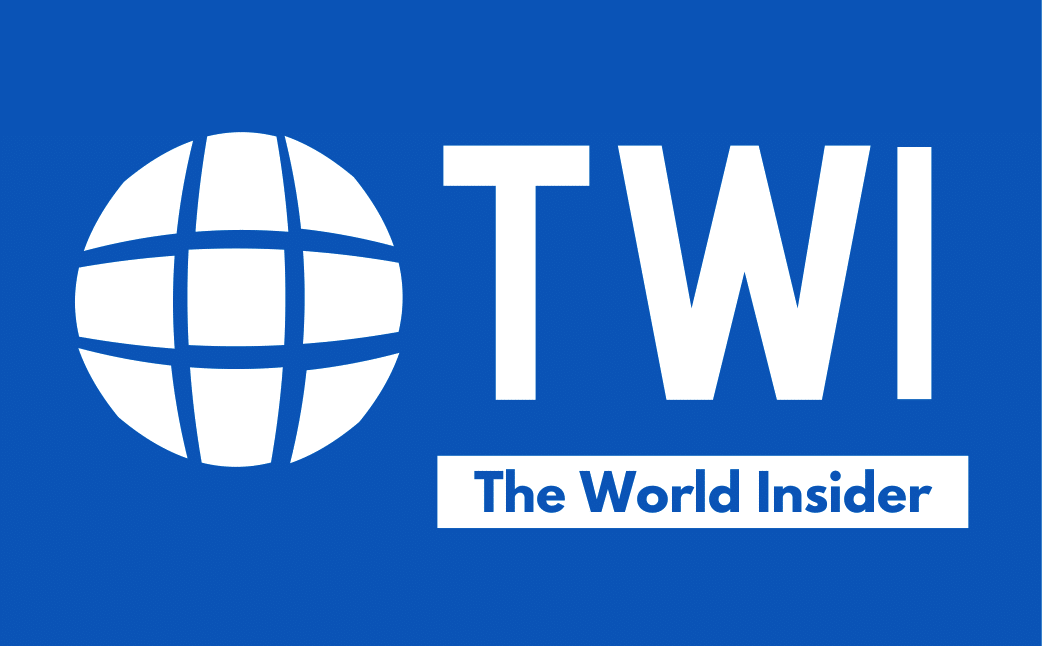Biden announced short-term and long-term strategies to reach its ultimate goal of net-zero emissions
U.S. President Joe Biden on Monday sought to assure world leaders the United States would fulfill its promise to slash greenhouse gas emissions in half by the end of the decade and urged for urgent, bold, and direct climate action.
At the 2021 United Nations Climate Change Conference (COP26) in Glasgow, Biden joined leaders from over 100 countries to begin a “meaningful and effective” action on climate change. Biden announced a long-term strategy laying out how the United States would achieve a longer-term goal of net-zero emissions by 2050.
Biden unveils pledge to slash global methane emissions by 30%
The Biden administration has announced plans to reduce methane emissions from the gas and oil sector. “We’re committing to collectively reduce our methane by 30 percent by 2030. And I think we can probably go beyond that” Biden said. He called the methane agreement a “game-changing commitment,”
The White House said that 105 countries had signed the Global Methane Pledge, a commitment to reducing methane emissions 30 percent by 2030, including half of the world’s top 30 methane emitters. But not included in the list are the top three emitters of the greenhouse gas: China, India and Russia.
Biden accuses China and Russia of failing to lead
US President Joe Biden has criticised the leaders of China and Russia for not attending the COP26 climate summit. China and Russia did send delegations to the conference but their leaders were absent.
“I think it’s been a big mistake, quite frankly, for China – with respect to China not showing up,” Biden said. “They’ve lost an ability to influence people around the world and all the people here at COP – the same way, I would argue, with regard to Russia.”
“The fact that China is trying to assert, understandably, a new role in the world as a world leader – not showing up, come on!” Biden told reporters before flying out of Glasgow.
US wants to lead by example
Even though the U.S. hasn’t been a climate leader in recent years, Biden hopes to change that. “We’ll demonstrate to the world the United States is not only back at the table but hopefully leading by the power of our example,” he said. Over the next several days, the United States will be announcing several new initiatives that demonstrate our commitment to providing innovative solutions across multiple sectors, from agriculture to oil and gas, to combatting deforestration — deforestation, to tackling hard and to abate industries, he said.
“We’re planning for a both short-term sprint to 2030 that will keep 1.5 degrees Celsius in reach and for a marathon that will take us — take us to the finish line and transform the largest economy in the world into a thriving, innovative, equitable, and just clean-energy engine of net-zero for a net-zero world.”
Last week, President Joe Biden unveiled a $1.75 trillion framework for his signature climate and social spending bill.
U.S. long-term strategy
In Scotland, the U.S. launched several initiatives. Biden launched the U.S. long-term strategy that lays out how the United States can reach its ultimate goal of net-zero emissions no later than 2050. “The Strategy shows how action in this decade can set us on track for continued, deeper greenhouse gas reductions through the 2030s and 2040s via federal, state, local, and Tribal government leadership, in coordination with all-of-society action. The U.S. 2050 net-zero goal is ambitious and achievable, and supports a more sustainable, resilient, and equitable economy, including the opportunity to create millions of high-quality jobs with the chance to join a union. Achieving our net zero goals will mean a completely carbon pollution-free society, with strong economic and public health benefits for all Americans – and the world” the White House statemnet said.
100 countries pledge to end deforestation at COP26
World leaders from more than 100 countries, including the U.S., China and Brazil, have agreed to end and reverse deforestation by 2030, committing nearly $20 billion of public and private funds to protect and restore forests.




